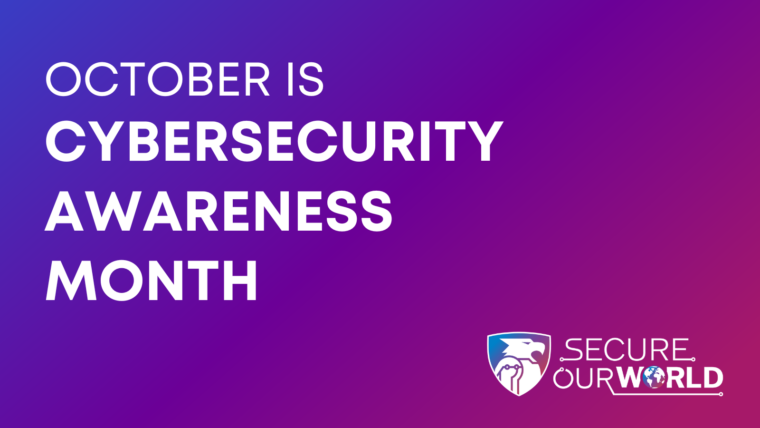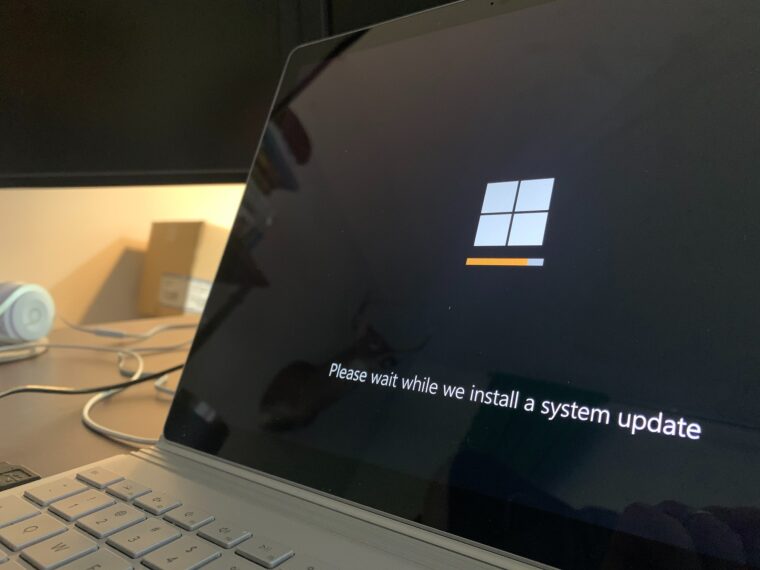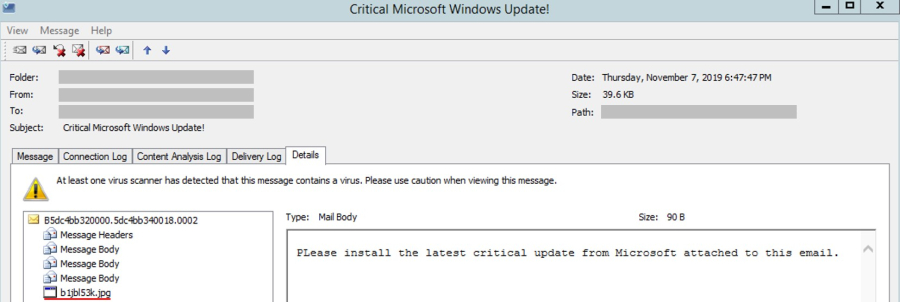Tag: Malware
This event describes an attempt to install malware on a computer, either via email, shared file, or physical means (USB drive, memory card)
This week we will briefly discuss the necessity of updating your software. Whether that means restarting your browser periodically to allow it to update, or allowing your smart phone to automatically install updates, or restarting your desktop or laptop to let updates run, updating your software is important.
Summer is upon us! With all of the things that go on here at Berry during the summer, I am endeavoring to keep this newsletter somewhat brief, but still informative. First, there is some late-breaking news about a new vulnerability in Microsoft Windows and Office. If you read nothing else in the newsletter read this first section, unless you are a Mac user…if so, you can safely skip it if you NEVER use a Windows machine. After that, we’ll consider the question of where have you been and what have you done over the last thirty days? If you don’t remember, and you have a Google account, then Google most likely knows. While all of the things you did were most likely a mix of work and personal activities, I’ll offer you an encouragement to attempt to keep those activities and the data resulting from them separate. Finally, some updates…actually, there are LOTS of updates. I’ll update you on the important ones.
Happy, happy new year! (Yes, I put “happy” in twice, on purpose, both for effect and positive emoting)
I hope everyone had a great holiday time, were able to relax as they saw fit, and are ready for the new year and a new semester. We have challenges this semester, but we’re moving forward, looking ahead, and have so much headed our way.
One of the first things you will notice about these fake “anti virus” protection emails is the odd font in the subject line. A small font, sized at half the height of normal fonts, it looks…odd. This is red flag…
Information Security has received reports of phishing emails that try to convince the user they can no longer sign in to their email, and consequently cannot send or receive emails. An example is shown below. Note the poor spacing, grammar…
A new scam going around is an alleged Microsoft Windows update delivered via email. The email instructs the recipient to “Please install the latest critical update from Microsoft attached to this email.” The attachment is actually a malware file that…
It’s been almost a year since I first posted about “sextortion” emails that attempt to convince you that someone has hacked your computer and recorded you watching pornography. The campus continues to get all kinds of variations on this scam,…

 CAM 2023 Week 4 – Update Your Software!
CAM 2023 Week 4 – Update Your Software!
 June News from Information Security
June News from Information Security

 “2020 Anti Virus Protection” Emails are Fake
“2020 Anti Virus Protection” Emails are Fake

